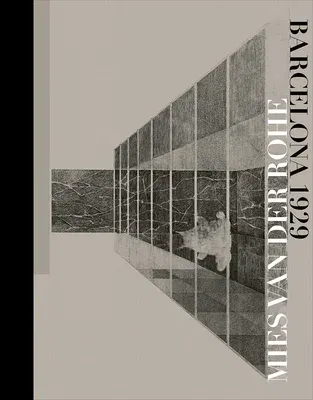Remei Capdevila-Werning
(Author)Mies Van Der Rohe: Barcelona-1929Hardcover, 15 April 2018

Temporarily out of stock
Free Delivery
Cash on Delivery
15 Days
Free Returns
Secure Checkout

Print Length
256 pages
Language
English
Publisher
Tenov Books
Date Published
15 Apr 2018
ISBN-10
8494423428
ISBN-13
9788494423420
Description
Product Details
Authors:
Book Format:
Hardcover
Country of Origin:
US
Date Published:
15 April 2018
Dimensions:
27.94 x
22.1 x
2.54 cm
ISBN-10:
8494423428
ISBN-13:
9788494423420
Language:
English
Pages:
256
Publisher:
Weight:
1133.98 gm